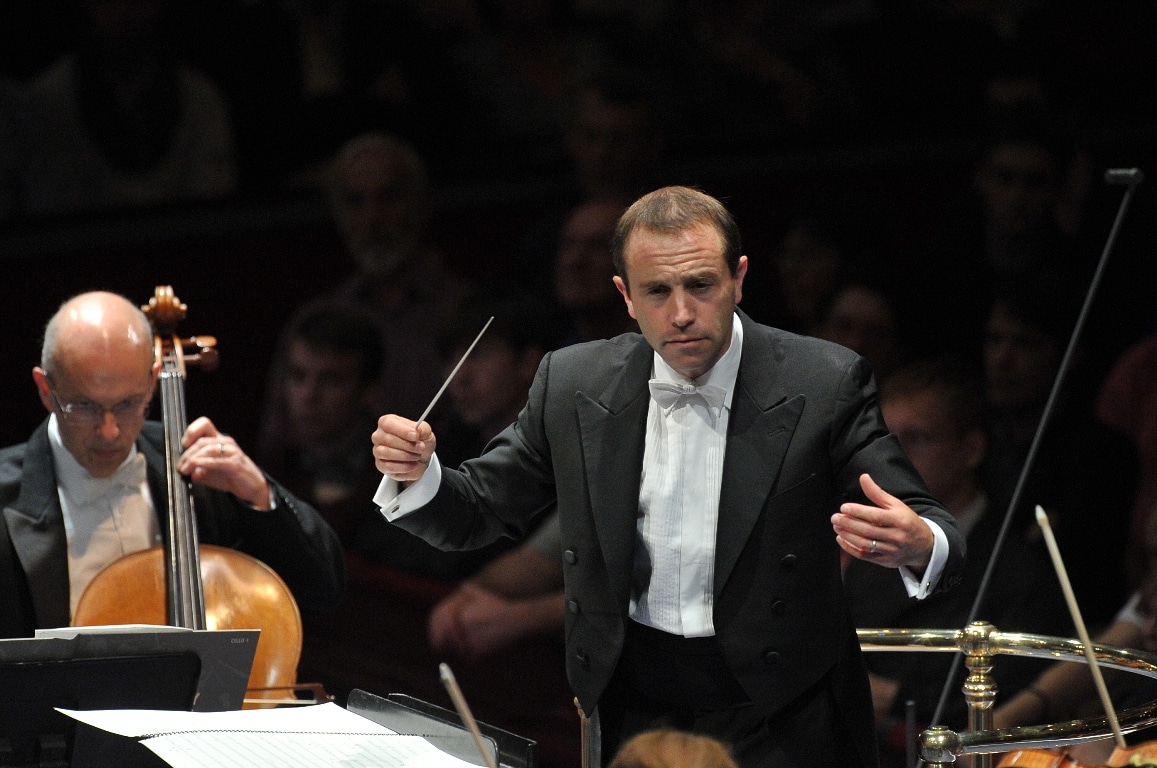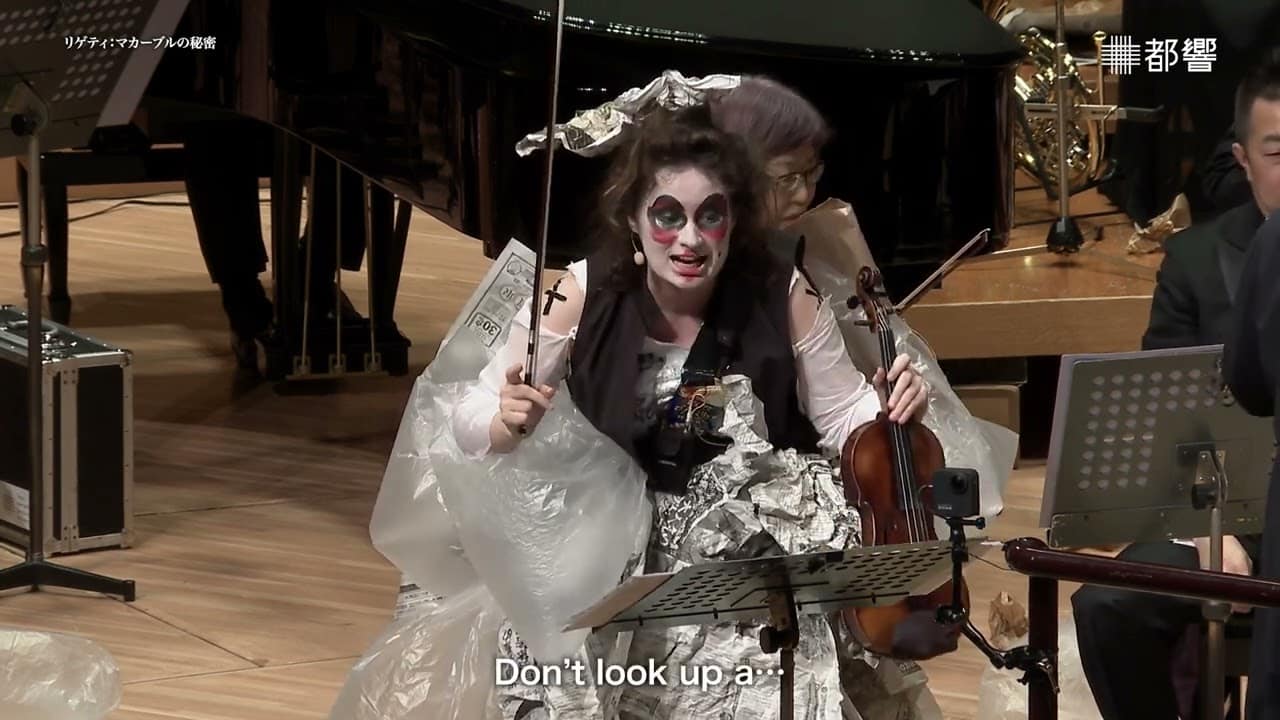Mark Wigglesworth: ENO cut its throat when it cut its operas
NewsThe former English National Opera usic director, in an article for the Guardian in the past hour, blames successive board for losing sight of the company’s core purpose.
Around the same time that I joined English National Opera as its music director in 2015, a £5m reduction in the company’s Arts Council grant generated a heated debate as to how that shortfall should be met. There were many of us who argued that the loss of income could be absorbed by making creative changes that maintained the quality and quantity of operas performed.
The ENO board however, followed the advice of management consultants from McKinsey who believed that the easiest way to solve the problem was simply to perform opera less often. The dramatic decline in the number of operas produced, alongside a reduction in the contracts of many of the singers, was a choice that was always going to make it hard to justify maintaining full-time public funding in the future. The idea that you could expect the same amount of taxpayers’ money for doing less of the kind of work that required it was clearly problematic.
Spot-on.
Read on here.






Comments